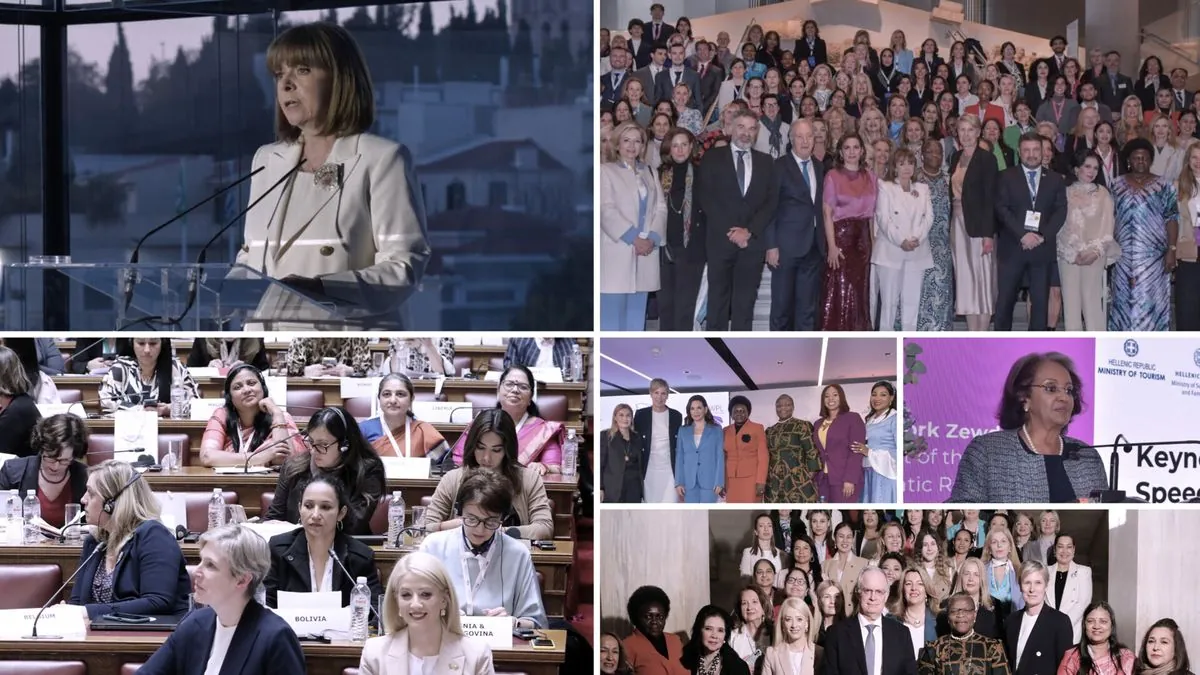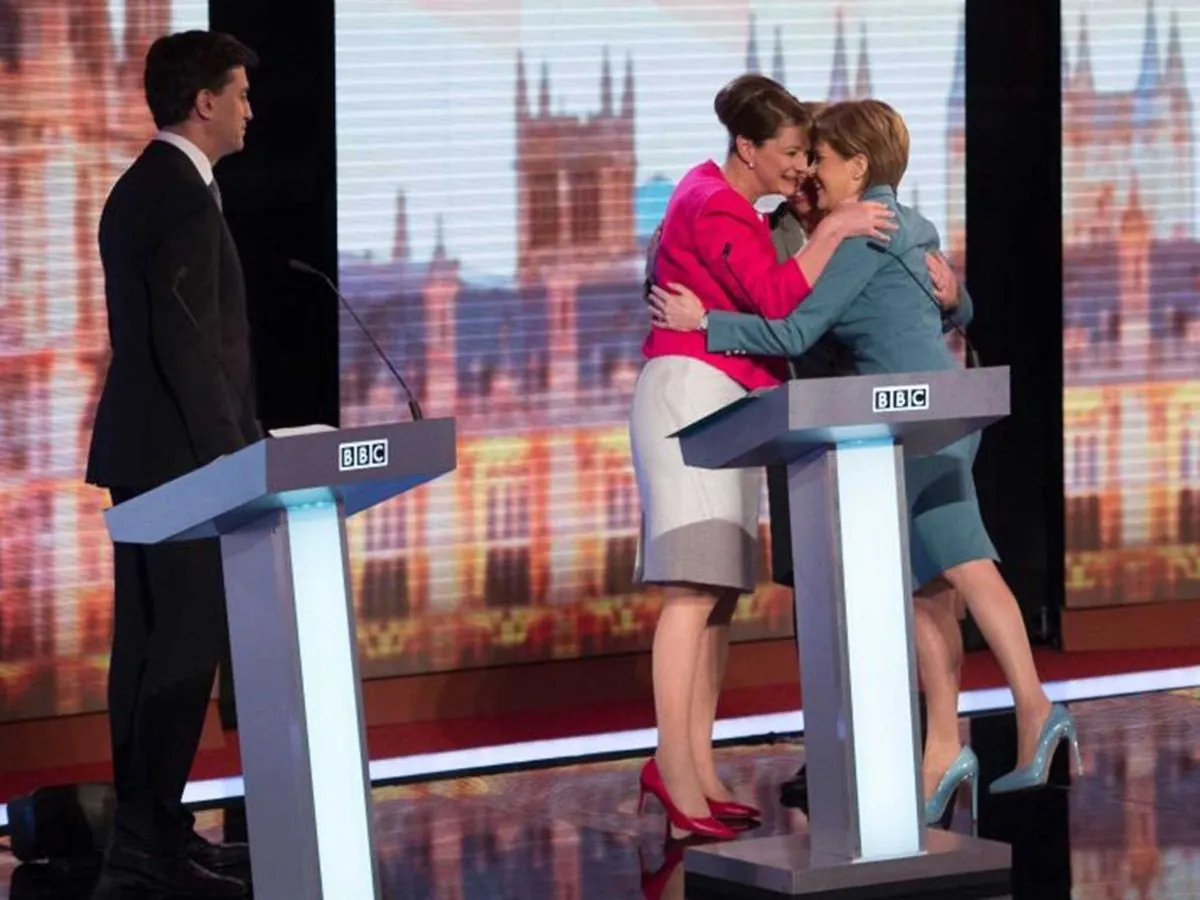Women's Rise in Global Politics: Progress and Challenges Ahead
Recent advancements of women in top political roles spark discussions on gender equality and feminist foreign policy. Despite progress, experts argue that systemic changes are needed for true transformation in international affairs.

In recent weeks, the global political landscape has witnessed a significant shift with several women ascending to prominent positions of power. Kamala Harris, Ursula von der Leyen, Kaja Kallas, and Rachel Reeves have all secured influential roles in their respective political spheres. While these appointments mark progress, feminist scholars and activists maintain a measured perspective on their potential impact.
The United Nations estimates that achieving gender parity in top political positions could take nearly 150 years at the current rate of progress. This sobering statistic underscores the persistent challenges women face in politics, despite recent advancements.
Miriam Mona Mukalazi, a fellow at the Robert Schuman Centre for Advanced Studies, emphasizes that the mere presence of women in leadership roles does not guarantee systemic change. The existing political framework often constrains their ability to implement transformative policies.

Ann Towns, a political science professor at the University of Gothenburg, highlights the pressure on female leaders to conform to traditionally masculine leadership styles, particularly in foreign and security policy. This expectation often prioritizes conflict resolution through force rather than collaboration and diplomacy.
Feminist foreign policy (FFP) offers an alternative approach, focusing on human security, demilitarization, and diplomatic interventions. Sweden pioneered this concept in 2014, followed by several other nations. However, implementation has faced challenges, including resistance from conservative factions and geopolitical tensions.
"There is a lot of value in more gender programs and instruments and more representation, but it's not a feminist foreign policy in the sense of having a different political priority."
The adoption of FFP has yielded mixed results. While countries like Canada have increased funding for gender equality projects, critics argue that these policies often lack the ambition to fundamentally reshape international relations.
Recent global events, such as Russia's invasion of Ukraine, have further complicated the implementation of FFP principles. The renewed focus on state security and defense spending has, in some cases, overshadowed efforts to promote a more collaborative approach to international affairs.
As women like Kamala Harris potentially ascend to even higher offices, they face the dual challenge of meeting expectations for transformative change while navigating complex geopolitical realities. Activists argue that meaningful progress in foreign policy must be rooted in strong domestic policies that protect women's rights and promote gender equality.
The journey towards a truly feminist approach to global politics remains long and complex. While the recent appointments of women to top positions represent progress, experts agree that sustained efforts across all levels of governance are necessary to achieve the systemic changes envisioned by feminist scholars and policymakers.


































